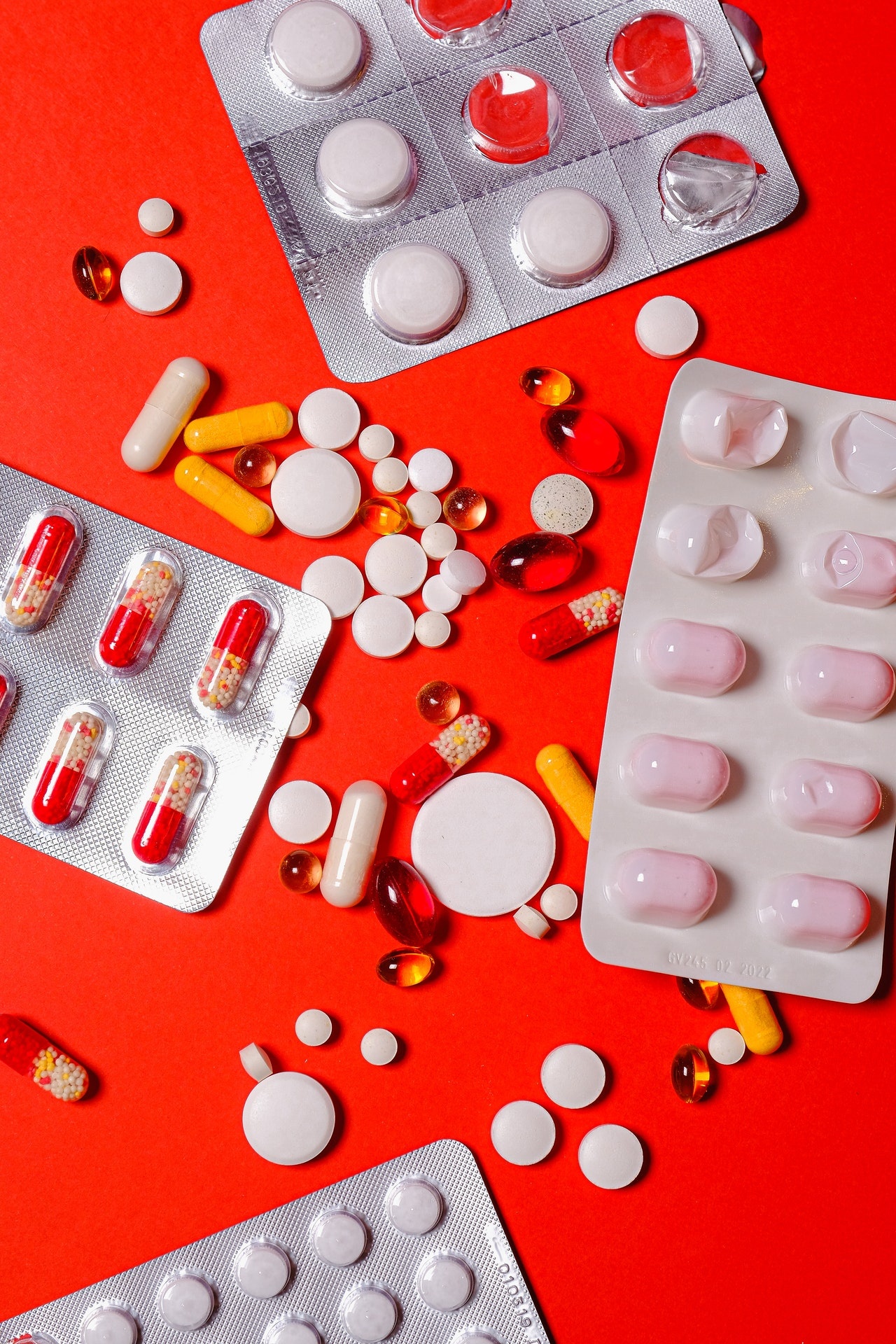Best Treatment for Prescription Stimulant Addiction


A prescription doesn't mean safety. Prescription stimulant abuse is dangerous and a path to addiction. It's also treatable. Call The Forge today!
Over 6% of the United States population uses prescription medication drugs for nonmedical purposes. When individuals first begin to take prescription drugs, they may not consider the long-term brain effects. Over time, the medication may affect cognitive functioning, and at the same time, hinder your self-control, making the urge to take more than the prescribed amount a higher risk.
Prescription stimulants boost your body and give it extra energy and attention and are usually used to treat obesity or asthma. However, taking prescription stimulants in high dosages leads to dependency and addiction, where some individuals may start looking for the best treatment option for prescription stimulant addiction.
Prescription Stimulants Commonly Abused
The National Institute of Drug Abuse clarifies prescription stimulants as often abused because they are prescribed for health conditions such as narcolepsy, depression, ADHD, and more. Many individuals in the United States suffer from many health conditions, and prescriptions stimulants can help the body be more alert and strive to be more attentive.
Some known prescription stimulants include Adderall, Ritalin, Concerta, and Dexedrine. Many individuals don't realize that prescription stimulants can increase heart rate and blood pressure and raise body temperature. Researchers found that mixing prescription stimulants with other substances is likely to cause irregular heartbeats. Some individuals may find themselves crushing the pills or snorting them to obtain a jumpstart effect in their bodies. When an individual becomes dependent or addicted to a prescription stimulant, it leads to addiction with symptoms like insomnia, nervousness, paranoia, weight loss, headaches, and more.
Furthermore, some of the risk factors for prescription stimulate addiction can include psychiatric disorders, depression, increased alcohol use, and more risk for abuse of other drugs. Research studies have found misuse of prescription stimulants can lead to cardiomyopathy, psychosis, myocardial infarction, and death. According to the NCBI, stimulants can provide significant reinforcements for medicinal purposes but have extensive abuse potential.
Prescription stimulants are commonly abused because individuals achieve euphoria and seemingly better cope with stress. Prescription stimulants are popular with the younger generation and college students as they help with focus and may help individuals cope with stress in the educational environment.
While prescription stimulants help with disorders such as ADHD, the impairments can include protection time, processing speed, working memory, and enhancing manageability. It produces increased attention for academic productivity. However, according to Advokat 2010, research and scientific evidence shows that prescription stimulants do not normalize the ability to learn or give individuals the ability to apply knowledge but only have a modest impact on the outcome. Individuals who do not have health disorders, like ADHD, may see corresponding escalations of most enhancers, such as improved concentration or the ability to stay up longer or be more focused.
However, the unauthorized use of prescription medication can lead to impulsivity, hyperactivity, and long-term downfalls of intellectual performance. Prescription stimulant medications may have an initial boost for those who take the medicine without a prescription. However, those who misuse drugs are more inclined to extreme health risks, harmful side effects, and potential death.
Treatment for Prescription Stimulant Addiction
Prescription stimulants' short-term and long-term effects include trouble breathing, seizures, strokes, muscle deterioration, and more. Therefore finding the best treatment option for prescription stimulant addiction is the primary goal of the healthcare community and requires higher levels of seriousness.
Those who misuse prescription stimulant medication are at a higher risk for overdoses, including hallucinations, confusion, restlessness, nausea, rapid breathing, and heart attacks. Individuals who reach out to find the best treatment options for prescription stimulant addiction go through the first ages of withdrawal and detox. They may have intense cravings, feel sadness and agitation, and express an overall foggy feeling. However, with a safe and secure prescription stimulant addiction treatment, the unpleasant withdrawal symptoms can be more effectively managed while in a safe environment.
Find Quality Medical Support for Prescription Stimulant Addiction With The Forge
Medical support is available to individuals who are withdrawing from prescription medications. They will most often find that the experience might seem worse before it gets better. However, with the management of professional healthcare, prescription stimulant addiction treatment, and an effective treatment plan, the individual can experience a rejuvenation of the spirit, the body, and mind with evidence-based practices.
Additionally, a promising treatment option for prescription stimulant addiction is dual diagnosis treatment and psychotherapy. Finding the best treatment option for a prescription stimulant addiction starts by addressing the emotions and boundaries of substance misuse. A healthcare professional assesses the thought patterns that may keep the individual in the cycle of addiction. Therefore, by adding holistic and evidence-based practices in prescription addiction treatment programs, the individuals' needs are considered and successfully dealt with in a professional setting.
At The Forge Recovery Center, we know how hard it is to reach out and ask for help for prescription stimulant addiction, and our team is here to help you regardless of your situation. We know that there are many different types of addiction, and stimulant addiction is a difficult one. However, taking the substance out of life and finding the means to get prescription stimulant addiction treatment will help you address co-occurring disorders and tackle the addiction together.
Our treatment options for addiction are designed for dual diagnosis, with evidence-based treatment, and complete levels of care in an outpatient facility. We offer multiple approaches to handling addiction, and we encourage you to find support and learn more about the pros of treatment options. Therefore, if you or your loved one struggle with prescription stimulant addiction and need encouragement, information, or treatment planning with evidence-based approaches, reach out to us today.
Are You Struggling with Mental Health or Addiction?
We Can Help. Call Us Now!
CALL: 877-839-1772





